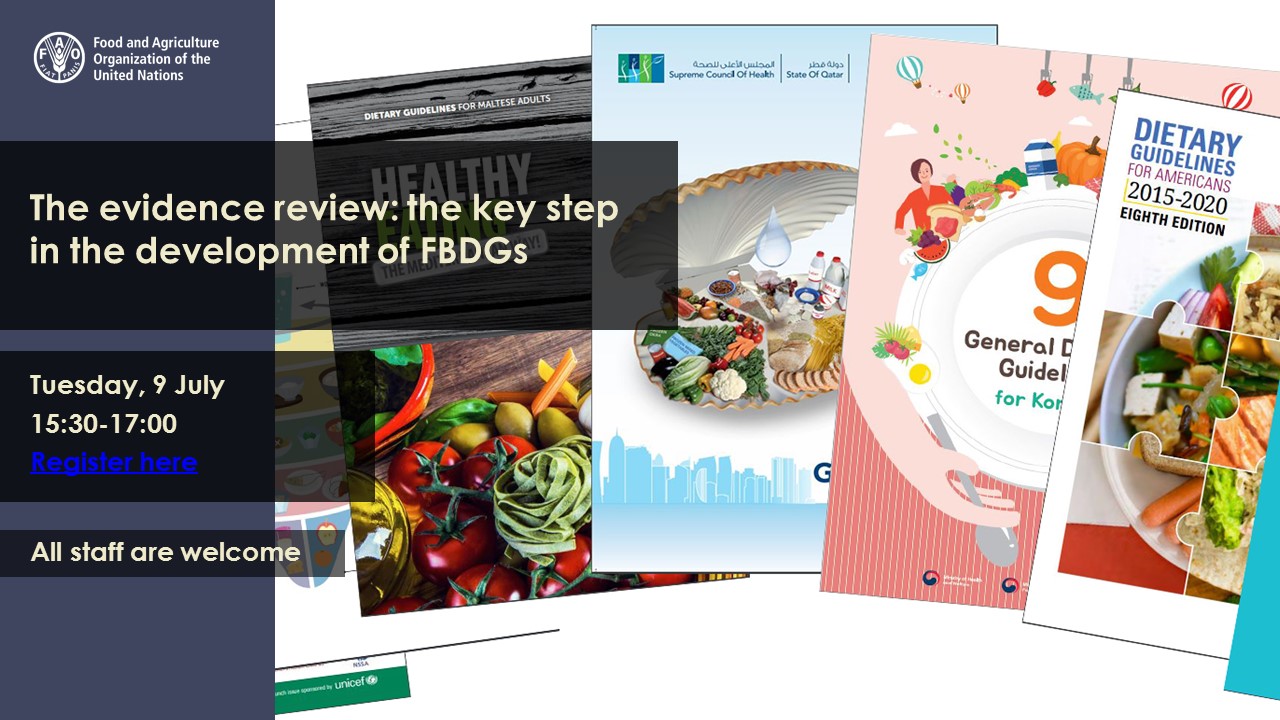9-18 July 2019
UN HQ, New York
The meeting of the high-level political forum on sustainable development in 2019 convened under the auspices of the Economic and Social Council, will be held from Tuesday, 9 July, to Thursday, 18 July 2019; including the three-day ministerial meeting of the forum (16-18 July 2019).
The theme will be "Empowering people and ensuring inclusiveness and equality". The set of goals to be reviewed in depth is the following:
- Goal 4. Ensure inclusive and equitable quality education and promote lifelong learning opportunities for all
- Goal 8. Promote sustained, inclusive and sustainable economic growth, full and productive employment and decent work for all
- Goal 10. Reduce inequality within and among countries
- Goal 13. Take urgent action to combat climate change and its impacts
- Goal 16. Promote peaceful and inclusive societies for sustainable development, provide access to justice for all and build effective, accountable and inclusive institutions at all levels
- Goal 17. Strengthen the means of implementation and revitalize the global partnership for sustainable development
For more information on Thematic SDG Reviews, click here.
In accordance with paragraph 84. of the 2030 Agenda, Member States have decided that the HLPF shall carry out regular voluntary reviews of the 2030 Agenda which will include developed and developing countries as well as relevant UN entities and other stakeholders. The reviews are state-led, involving ministerial and other relevant high-level participants, and provide a platform for partnerships, including through the participation of major groups and other relevant stakeholders.
In 2019, 51 countries (10 for the second time) have volunteered to present their national voluntary reviews to the HLPF. For more details, please click here.

